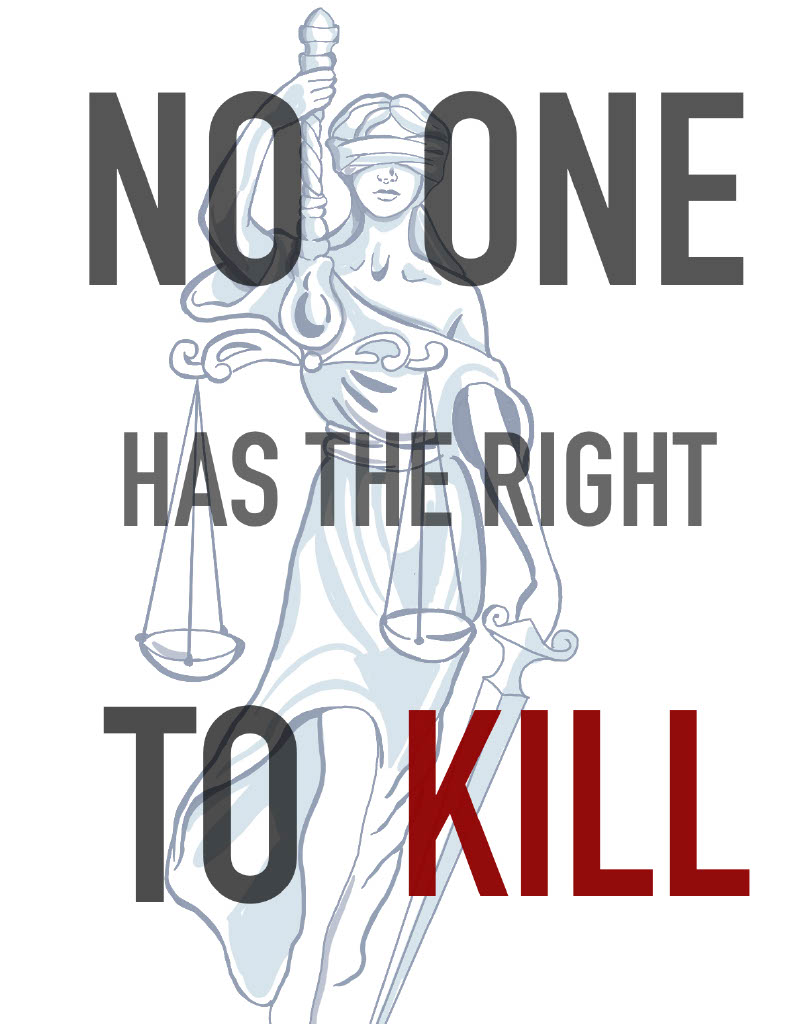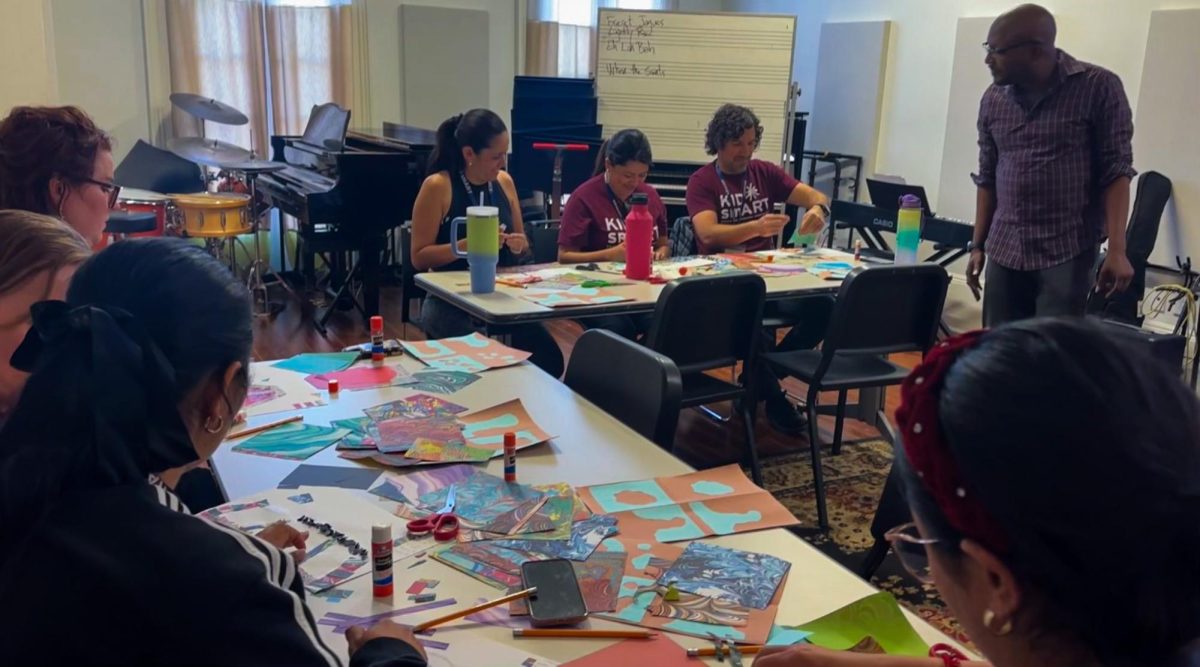Today, the world is on fire with international conflict and destruction as not seen in decades; from Ukraine to the Middle East, from Africa to Asia, and beyond, we witness hostility and even hatred dominating the relations of too many nations and the lives of many millions of people. We naturally ask: is there not some concrete system of conduct or law that attempts to provide some measure of order and justice in global relations?
Yes, we all know that there is something called international law, that likely has something to do with the United Nations. And we all have heard of many treaties that nations have signed to promote cooperation and harmony. And we are grateful that we have not repeated the global conflagration of the successive, truly World Wars of the past century.
Yet so few people today understand even the basic rules in this international system. Hence, this brief entreaty for all those seeking to understand the global disorder today to pause and read the basic rules of our international order and disorder, as the case may be.
Renowned international law scholar Louis Henkin is credited with stating the clever aphorism that “almost all nations observe almost all of the principles of international law and almost all of the obligations almost all of the time.” Critics of international law place undue focus on the word “almost” and erroneously discredit the majority of instances of when international actors do fulfill their obligations and comply with international law.
There are numerous reasons for actors to comply with international law: reciprocity reasons, reputational reasons, or promoting certain basic moral values, to name a few. Global markets and economic growth do not prosper in an uncertain environment.
Thus, self-interest motivates much of nations’ reasonable conduct. As States’ interdependence has increased over the past decades, so have nations and other global leaders sought more definition and guidance. And following the horrors of two world wars and a great depression, the creation of advanced rules of humanitarian law and the law of war has advanced.
Yet, do most of the people understand most of this background for international relations today? If not, how do they evaluate and participate in our democratic governance? Today, seemingly more than ever, our need for and the value of informed and constructive civil discourse is apparent. Few could deny that global affairs present us with real danger.
Citizens need to read and listen to informed information sources – we profit none by misinformation, especially in today’s environment of “personalized, tailored commercial news feeds”. We all cringe when we hear a loud misstatement of facts or principles. The danger today is sufficient to warrant everyone to pay attention, to read multiple news sources, and judge for themselves who our leaders should be and how they should lead.
We encourage especially college and university students today to read multiple, credible sources of information. Don’t worry, so much of the news today is not boring! Yet it may be frightening. And go deeper than usual in learning about the rules of international law.
Not everyone can take a course in international law, but everyone can visit multiple news sources that will indeed spell out the law, even sources from international organizations seeking to serve the public good.
We encourage everyone to be an informed participant in vital discussion and leadership to fortify our shared search for wise direction in this frightening world today.




















Alexander Ayala • Dec 4, 2023 at 1:27 pm
Knowledge is power to discern the future and foresee potential problems,events,dangers and hardships. For the people shall surely perish for lack of vision. To see and know about the present situations around the world is to gain insight and have a glimpse of what is coming and prepare for end-time catastropic events.